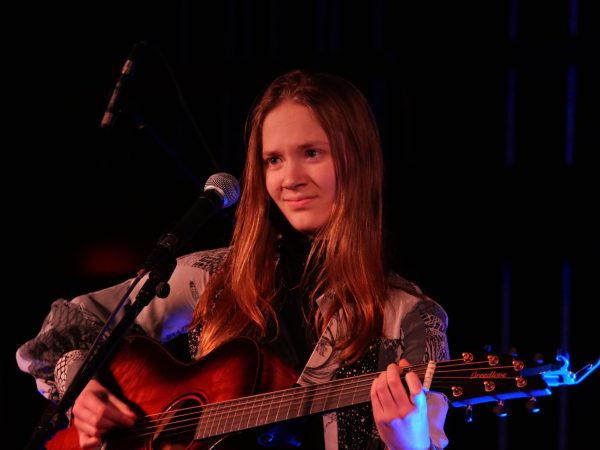Students experience taking care of children hands-on in Child Psychology
January 15, 2019
Tucked away in a small corner of the basement of Edina High School, the Child Psychology class is currently welcoming preschoolers from around the community to participate in their end of semester project. Starting the week before Thanksgiving and continuing until winter break, the semester project acts as a cumulative assessment and application of the knowledge the students have been learning.
On seven-period days, students are split into two groups: teacher and observer. “The teacher group’s job is to plan the lessons and prepare the materials. They do all the guidance, clean up, and interacting with kids,” Ms. Irons, the Child Psychology teacher, said.
Meanwhile, the observers fill out a packet that has them identifying the things they’ve learned about in the behaviors of toddlers. The students switch the roles every class.
Many of the students who take or have taken the course view this project to be a very rewarding experience. “This unit [is one of the most memorable] since we get to have the little kids come in and that’s just super fun,” sophomore Aulaine Prudent said.
Another widely known project that students partake in is during the baby’s development unit when students take home robotic baby dolls. These robots turn on from four in the afternoon to seven in the morning, allowing the caregiver to experience the difficulties of caring for an infant. “I didn’t get any sleep that night,” Prudent recounted.
Child Psychology’s main focus is to engage and inform students on child development from the time of birth to age five and early education theories. Starting with the family unit which targets familial structures, the units progress to conception, prenatal development, birth, and then to the physical, social, and emotional development of the baby. After that, they shift this developmental focus on to toddlers and preschoolers.
Due to the wide range of topics covered by this course, there are many reasons why someone would take this class. “A lot of kids take the course because they enjoy being with kids …others take it because they want to pursue a career in early education or careers working with young kids,” Irons said.
Of course, there are also students who choose the class because they think it would be a fun experience or simply because they have a strong relationship with Irons. In rare occasions, Irons said she has had some students who believed that kids don’t like them. But, they soon learned that they simply needed greater exposure on how to interact with children.
For Prudent, Child Psychology has greatly impacted her considerations for the future. “I’ve thought about doing counseling, which would be good for kids with trauma or mental health issues. I’ve thought about that a lot and this class has taught me how to understand kids!”

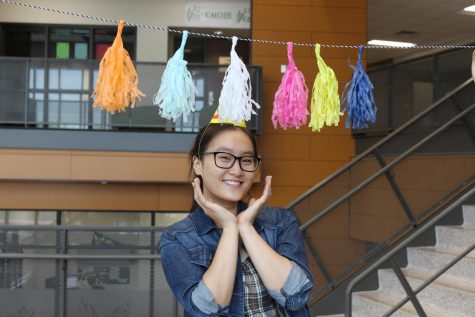
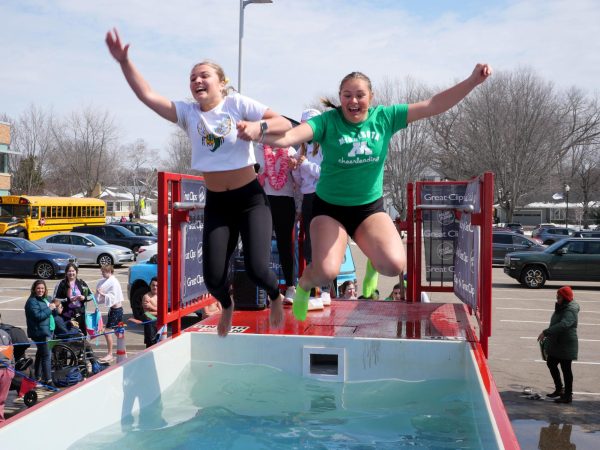

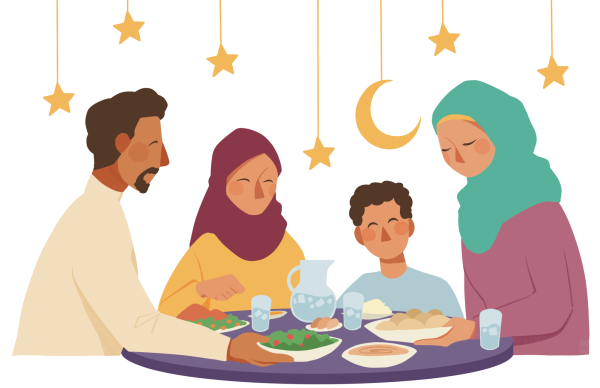
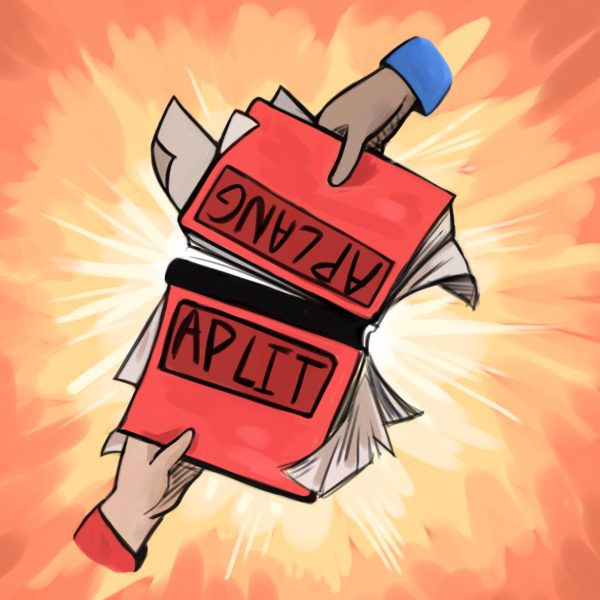
![I think I could take [Mr. Sanger] down and I think itd be a treat to do so.](https://edinazephyrus.com/wp-content/uploads/2024/02/IMG_1372-600x595.jpg)
